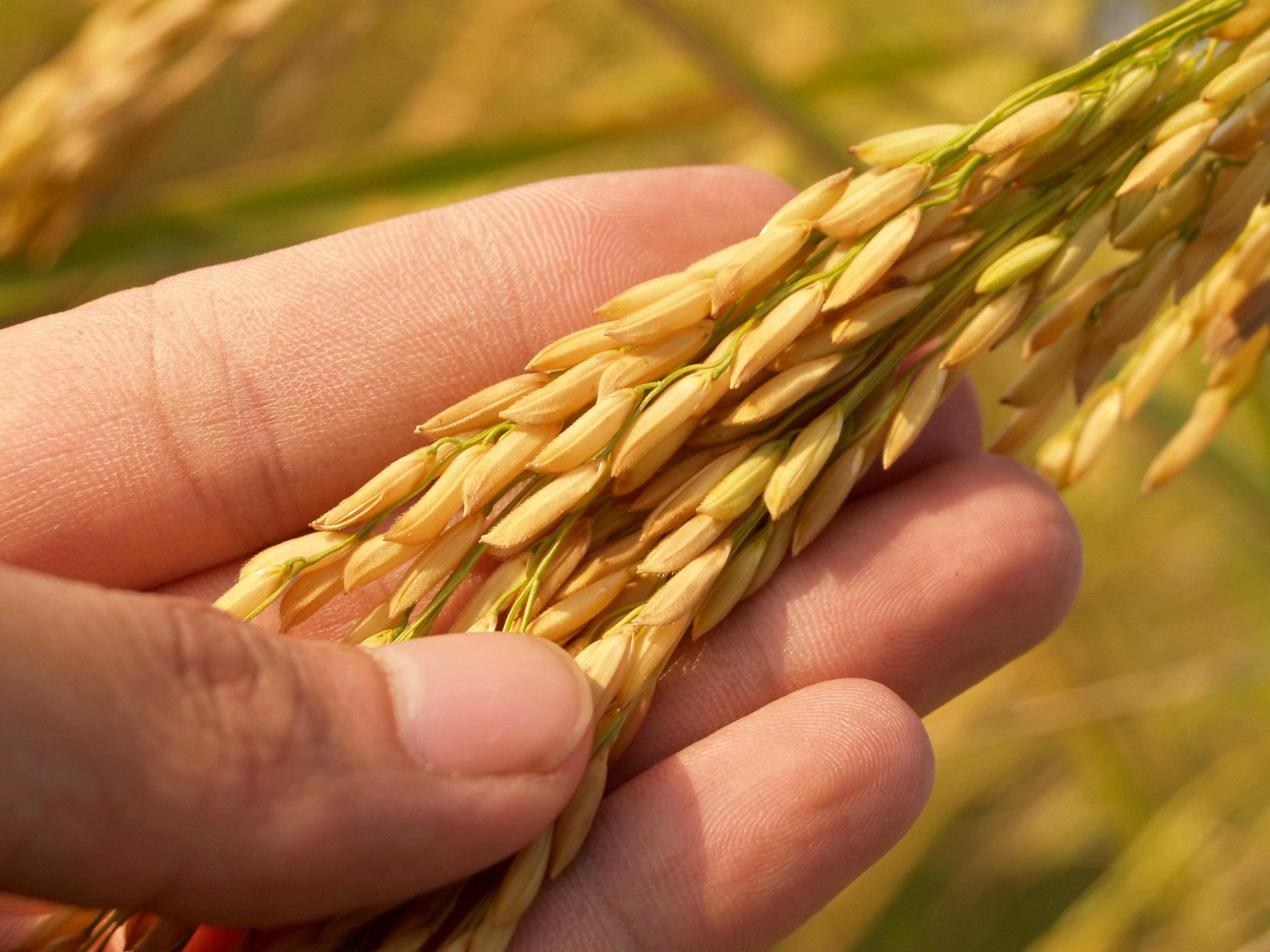
One Nation|One Trade|One Policy
एक राष्ट्र • एक व्यापार • एक नीति
The Voice of India's Rice Export Sector
Message from the National President

Dr. Prem Garg
National President
Indian Rice Exporters' Federation (IREF)
Dear All,
Greetings from Indian Rice Exporters' Federation (IREF)!
On the proud occasion of the 77th Republic Day of our Nation, I extend my warm greetings to all stakeholders of the Indian rice sector.
This day reminds us of the values enshrined in our Constitution—unity, integrity, and inclusive growth. The Indian rice industry, with its farmers, millers, exporters, and allied partners, apart from other stakeholders in the entire rice value chain continues to play a vital role in ensuring food security, supporting livelihoods, and strengthening India's position in global agri-trade.
IREF remains committed to promoting quality, sustainability, and global competitiveness of Indian Basmati and Non-Basmati rice. Together, let us reaffirm our resolve to contribute to a prosperous, self-reliant, and globally respected India.
Jai Hind.
Dr. Prem Garg
National President
Indian Rice Exporters' Federation (IREF)
Republic Day 2024
About Us
Indian Rice Exporters Federation (IREF)
Indian Rice Exporters Federation (IREF) is the leading organization that stands tall as the voice of the rice board of India and represents the Indian rice sector in both domestic and international market. However, it would be inappropriate if we do not express our gratitude to the Government of India for their endeavor support and commendable initiatives. We are grateful to the government bodies for taking out their precious time to consider the suggestions of IREF that always comes in the favour of rice exporters.
About IREF
Indian Rice Exporters Federation
The voice of India's rice export sector
Who We Are
The Indian Rice Exporters Federation (IREF) is the apex rice trade body representing and supporting rice exporters across India. IREF addresses trade barriers, market access, and regulatory issues to strengthen the interests of Indian rice exporters.
The federation works closely with government bodies such as the Ministry of Commerce, APEDA, and other allied ministries and industries to provide exporters with valuable services. IREF takes pride in representing and advocating for Indian rice exporters in both domestic and international markets.
What We Do
We at IREF represent a diverse range of stakeholders in India's export sector who are actively involved in policy consultations, trade negotiations, and advocacy on trade regulations and compliance standards.
Setting up meetings with key government officials
Bridging the gap between farmers and government bodies
Conducting policy discussions and expert sessions for farmers
Our Motto
"One Nation, One Trade, One Policy"
एक राष्ट्र, एक व्यापार, एक नीति
IREF operates under this guiding motto, emphasizing our commitment to fostering unity and coherence across the diverse landscapes of India's rice export sector. We work to create a unified policy framework that benefits all stakeholders—from exporters and millers to packaging manufacturers and trade associations.
Pan-India Presence
Strategically headquartered in New Delhi with regional offices across India
Photo Gallery